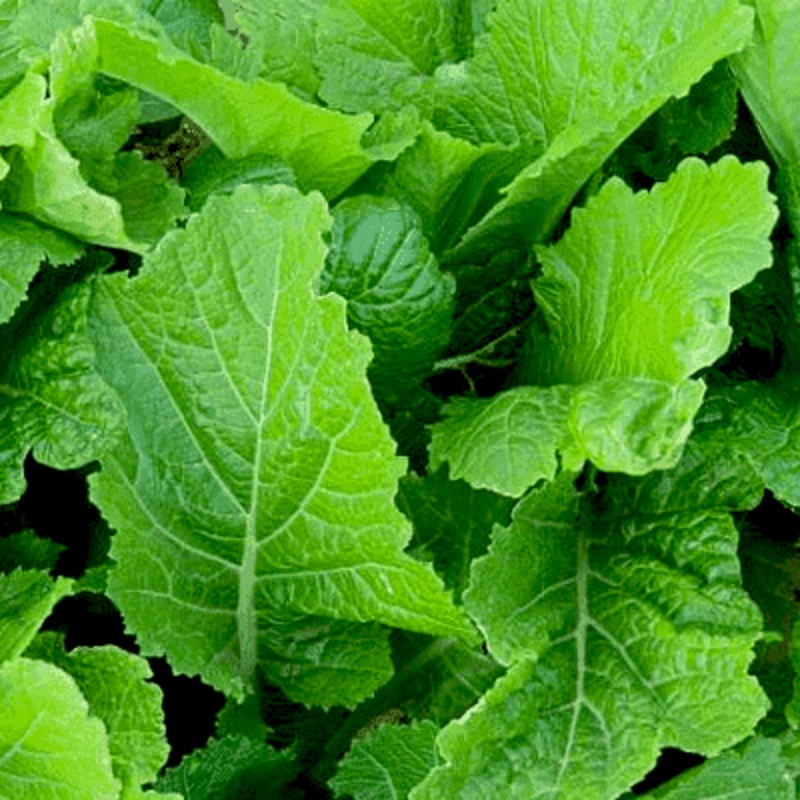Cocos Nucifera - The Versatile Coconut Palm
Cocos nucifera, commonly known as the coconut palm, is a tropical tree that thrives in sandy soils and coastal regions. Renowned for its versatility, every part of the coconut palm is useful, from its fruit to its leaves. The coconut itself is a vital source of food, oil, and water, making it a staple in many tropical diets.
This remarkable tree can grow up to 30 meters tall and can live for over 80 years, producing coconuts throughout its lifespan. Its ability to adapt to various environments and its significant role in local economies make it a cherished plant in many cultures.
What sets Cocos nucifera apart is its unique ability to thrive in saline conditions, making it an essential species for coastal protection and erosion control. The coconut palm also plays a crucial role in carbon sequestration, contributing positively to the environment.
Growing Instructions
- Plant in well-draining sandy soil with a pH of 5.0 to 8.0.
- Choose a location with full sun exposure for optimal growth.
- Space plants at least 25 feet apart to allow for their mature size.
- Water regularly, especially during dry spells, but avoid waterlogging.
Care Instructions
- Fertilize with a balanced fertilizer every 2-3 months during the growing season.
- Prune dead fronds to promote healthy growth and prevent pests.
- Monitor for pests like coconut weevils and treat promptly.
- Mulch around the base to retain moisture and suppress weeds.
Uses
- Food: Fresh coconut meat, coconut milk, and coconut water are nutritious and hydrating.
- Oil: Coconut oil is widely used in cooking, cosmetics, and medicinal applications.
- Crafts: Leaves can be woven into mats, baskets, and roofing materials.
- Fuel: Dried coconut husks can be used as a sustainable fuel source.
Fun Facts
- Coconuts can float on water, allowing them to travel long distances and germinate on distant shores.
- The coconut palm is often referred to as the "Tree of Life" due to its numerous uses.
- Historical records suggest that coconuts were cultivated in India over 4,500 years ago.
- Coconuts are not true nuts; they are classified as a drupe, which is a fruit with a hard shell.
Environmental Impact
Cocos nucifera plays a vital role in coastal ecosystems, providing habitat for various wildlife and helping to stabilize sandy soils. Its cultivation can also promote biodiversity and support local economies, making it an essential plant for sustainable development in tropical regions.

